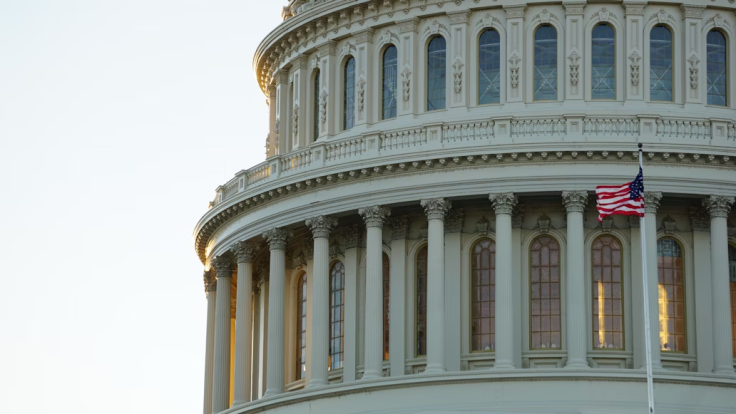The Kentucky Senate's recent approval of Senate Bill 6, aimed at restricting diversity, equity, and inclusion (DEI) efforts within public colleges and universities, has ignited a contentious debate over free speech and academic freedom.

READ ALSO : PEN America Identifies 'Dangerous' State Bills Restricting Free Speech on College Campuses
A Divisive Move in the Name of Free Speech
Republican lawmakers in the Kentucky Senate have aligned with a national trend of conservative criticism against DEI initiatives, citing concerns over their alleged divisiveness and infringement on free speech. Inspired by similar legislation in Tennessee, SB6 reflects a growing movement seen in more than 24 states, as reported by the Chronicle of Higher Education.
Advocates of SB6 argue that DEI principles on campuses stifle open dialogue and promote ideological conformity, likening them to communist ideologies. Senator Lindsey Tichenor, a Republican from Smithfield, underscored concerns about the perceived erosion of individual liberties and the potential coercive nature of DEI initiatives.
Voices of Opposition and Raised Concerns
Despite its passage, SB6 has encountered significant opposition from critics who warn of its potential to suppress academic freedom and hinder the comprehensive teaching of U.S. history. Democratic Senator Reginald Thomas of Lexington cautioned against regressive measures that could impede progress in fostering diversity and inclusivity within higher education institutions.
The bill prohibits Kentucky's public colleges and universities from endorsing specific concepts labeled as "discriminatory," including assertions about race, sex, and the nature of meritocracy. While proponents argue that SB6 upholds free speech rights, opponents fear it could dampen open dialogue and impede efforts to address systemic inequities.
Exploring Implications and Debates
SB6 seeks to address concerns surrounding DEI initiatives by mandating greater transparency and accountability in higher education. It prohibits the use of DEI statements in admissions and employment processes and mandates a focus on supporting low-income students within DEI offices.
Critics contend that the bill's vague language and lack of clarity may lead to unintended consequences, potentially hindering the comprehensive teaching of historical injustices and perpetuating systemic inequalities. Democratic Senator Cassie Chamber Armstrong, a professor at the University of Louisville Brandeis School of Law, expressed apprehension about the bill's potential impact on her ability to teach history accurately.
The legislation underscores broader debates regarding the delicate balance between free speech rights and efforts to promote inclusivity and fairness on college campuses. While supporters view SB6 as a necessary safeguard against ideological coercion, opponents argue that it undermines the fundamental principles of academic freedom and intellectual inquiry.
As SB6 advances to the House for consideration, its potential enactment could shape the future of higher education in Kentucky, influencing the trajectory of academic discourse and diversity initiatives for years to come.
© 2026 University Herald, All rights reserved. Do not reproduce without permission.








